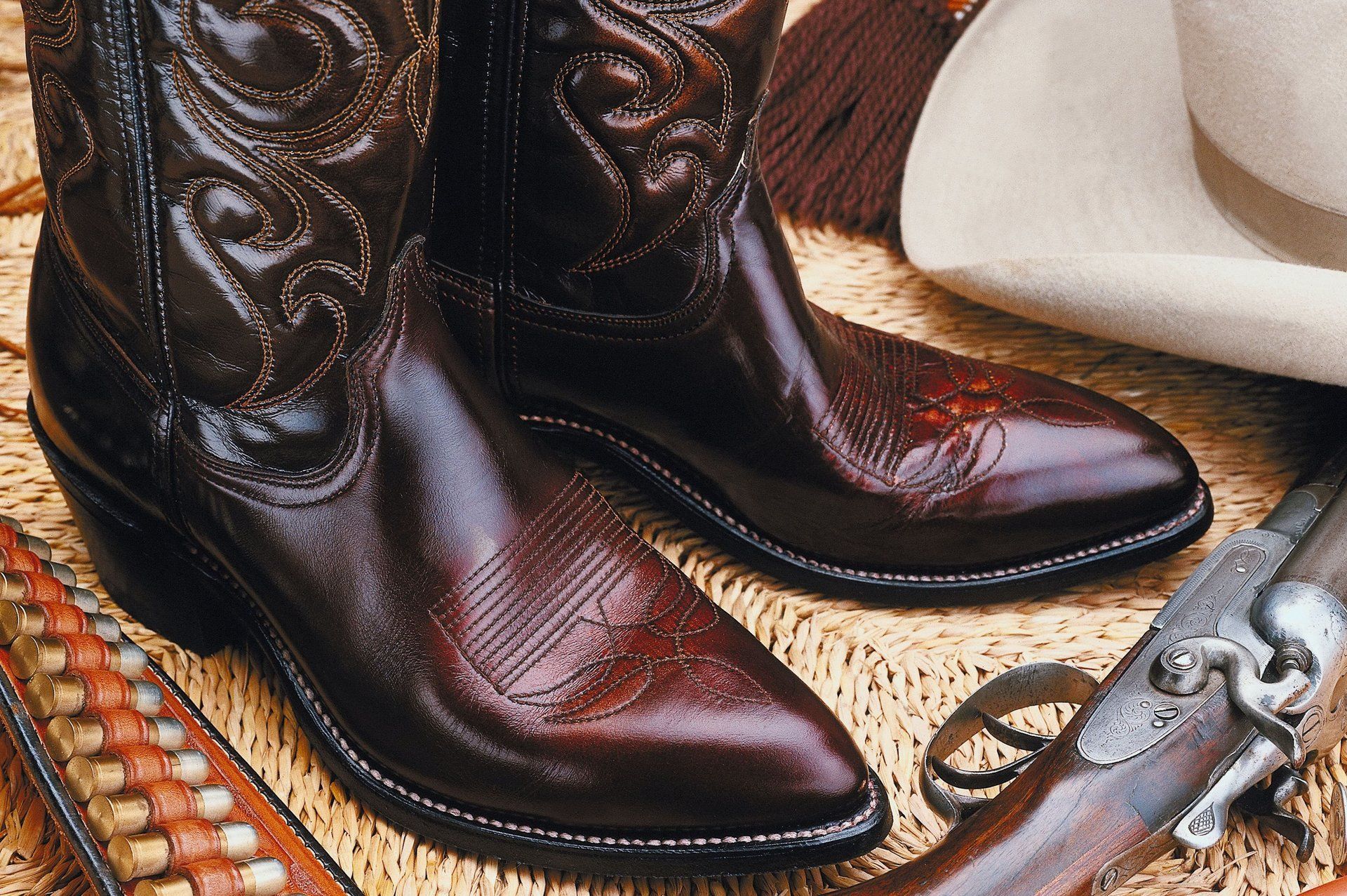Customer Sues Restaurant for Mechanical Bull Riding Injury
- By Brian Everitt
- •
- 26 Jun, 2017
- •
Blog posts are a great way to get recognized within your community and share your voice. Here are the top 10 reasons you should love writing blog posts.

One New York City woman has filed a lawsuit against the Midtown Manhattan restaurant Johnny Utah's after being injured by the establishment's biggest feature: a mechanical bull.
The lawsuit alleges that Jocelyn Burmeister was visibly intoxicated when restaurant employees allowed her to ride the bull. In attempting to do so, Ms. Burmeister fell and tore her ACL. Her lawsuit seeks damages related to the medical care incurred and other damages she suffered.
History of Bull Suits
Some folks might balk at this type of lawsuit, and others might be quick to comment: "I bet she signed a waiver." But this same restaurant has faced similar claims in the past, just like many other establishments with mechanical bulls, or other amusement park-like attractions. In fact, the same attorney handling Ms. Burmeister's case successfully handled one of those prior claims against Johnny Utah's.
The injuries suffered as a result of mechanical bulls and amusement park rides can vary from minor bumps and bruises to seriously debilitating injuries requiring a life-time of medical care and even death. However, not all injuries, even the most severe, will be compensable in a lawsuit. Sometimes, a liability waiver will be valid.
Can I Sign a Waiver While Drunk?
Waivers can be enforceable in many situations, even while a person is drunk, such as when a person signs one before becoming drunk. However, when a person is visibly intoxicated, it raises serious questions as to whether or not they can sign a legally binding agreement. While courts may be more willing to enforce contracts signed while drunk, liability waivers and releases may be a different matter entirely.
Generally, for a contract or agreement to be binding, the parties must have a "meeting of the minds." This basically means that the two parties have to understand what is being bargained for in the agreement. When a person is drunk, this may not be possible, and could render an agreement worthless. However, this doesn't mean your drunk online shopping binge is voidable, but it likely does mean that the midnight roller-derby probably needs to make sure everyone signs their liability waivers while sober.

Although it may seem crass or disrespectful to even think about the legal consequences after the loss of a loved one or family member, the law requires individuals to act in a timely fashion. Particularly when the cause of death is related to potential medical malpractice, rather than ordinary negligence or another attributable cause, such as assault, cases must adhere to strict deadlines and filing requirements.
Who Can Sue for Wrongful Death?
Who can actually file a claim for wrongful death varies from state to state. Typically, parents, children, and spouses will have the right to sue. In many states, even more extended family, like grandparents, siblings, and domestic partners, can be allowed to file suit as well.
Additionally, to sue a hospital or medical professional for malpractice related to wrongful death, state laws often require that notice be provided to the professional before a lawsuit can be filed.
Who Can Be Sued for Wrongful Death?
When a doctor, nurse, or other health care professional is negligent and causes the death of a patient, not only can the individual medical professional be held liable, but the hospital and medical group they work for, with, or in, can also be held liable. Every case depends on the specific details of how treatment was provided, and who, or what entity, was responsible for specific duties.
For example, if an infection was caused in a post-surgical patient due to a failure to replace air filters by the hospital's maintenance crew, the hospital itself, rather than individual doctors or nurses, would likely be responsible. Conversely, if a nurse's failure to wash after treating an infection caused another one, then the nurse and employer (which may not be the hospital) could both be liable.
Wrongful Death Damages
Typical damages that are awarded in wrongful death cases include funeral expenses, pain and suffering related to the loss of companionship/relation, medical bills, as well as the loss of income provided by the deceased to the claimants.
Interestingly, medical malpractice cases are often subject to damages caps, which may limit the available award in certain circumstances. However, courts often allow attorneys to pursue multiple legal remedies at the same time, and let the jury decide which one fits better.

Share On: